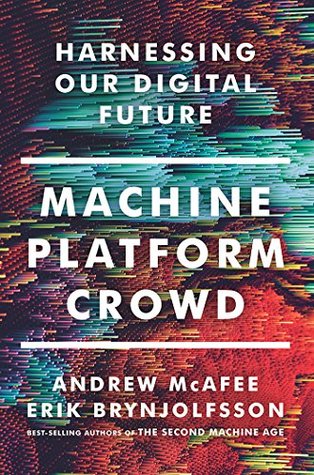More on this book
Community
Kindle Notes & Highlights
In March of 2015, strategist Tom Goodwin pointed out a pattern. “Uber, the world’s largest taxi company, owns no vehicles,” he wrote. “Facebook, the world’s most popular media owner, creates no content. Alibaba, the most valuable retailer, has no inventory. And Airbnb, the world’s largest accommodation provider, owns no real estate.”
In 2006, Avinash Kaushik and Ronny Kohavi, two data analysis professionals who were then working at Intuit and Microsoft, respectively, came up with the acronym HiPPO to summarize the dominant decision-making style at most companies. It stands for “highest-paid person’s opinion.” We love this shorthand and use it a lot, because it vividly illustrates the standard partnership. Even when the decisions are not made by the highest-paid people, they’re often—too often—based on opinions, judgments, intuition, gut, and System 1. The evidence is clear that this approach frequently doesn’t work well,
...more
There’s an old joke that the factory of the future will have two employees: a human and a dog. The human’s job will be to feed the dog, and the dog’s job will be to keep the human from touching any of the machines.
Noncredentialism. One aspect of openness is so important, yet so counterintuitive, that it deserves special mention. This is noncredentialism, or abandoning the view that people should be allowed to contribute to an effort only if they have the right credentials: diplomas, job titles, letters of recommendation, years of experience, good grades, and so on.
Questions 1. How, and how much, are you using the crowd? 2. Where, if anywhere, are you allowing and encouraging work to be open, noncredentialist, verifiable, self-organizing, and led by geeks? 3. The internal decision-making and resource allocation processes of many organizations still look a lot like those of centrally planned economies. How can you incorporate more market-like mechanisms? 4. Are there new ways to use technology for decentralization in your industry that don’t necessarily involve markets? 5. Is the core of your organization ready to give up some of its power and authority?
At least one stalwart of the investment community’s core believes enough in Quantopian to trust it with his own money. In July of 2016, Steven Cohen, one of the best-known hedge fund managers of all time, announced that he was making a venture investment in Quantopian and also giving it $250 million from his family office to invest in its crowdsourced portfolio of quant algorithms. Matthew Granade, Cohen’s head of research and venture investment, said that “the scarce resource in quantitative investing is talent, [and] Quantopian has demonstrated an innovative approach to finding that talent.”
Futurist Ray Kurzweil said in 2012 that “a kid in Africa with a smartphone has access to more information than the president of the United States did 15 years ago,”
not only of their customers but also of their own people. This is why, as Deming found, analytical ability is even more valuable when it’s paired with high social skills; this combination is what helps good ideas spread and be accepted.
Mims summarizes that the combination of egalitarianism and transparency “isn’t the end of middle management, but it is an evolution. Every company I talked to had middle and even senior managers who operated as player-coaches, tasked with both doing things and directing others.”
How frequently do managers act as gatekeepers for ideas in your organization? Why is this? Are you exploring alternatives?


